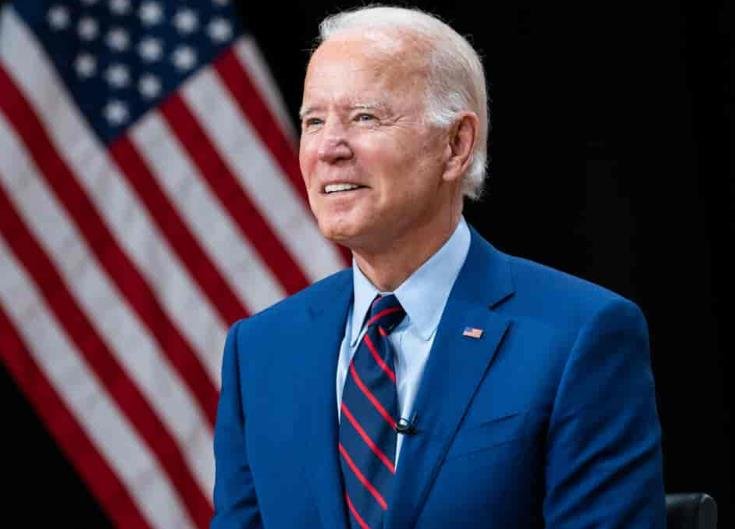President Joe Biden’s administration has made a clear statement regarding military aid to Israel: it will not be conditional. This decision, consistent with historical U.S. policy, has been met with various reactions and raises questions about the balance between diplomatic influence and steadfast alliances.
The U.S. has long been a staunch supporter of Israel, providing nearly $4 billion in military aid annually. Despite calls from within his own party to reconsider this support in light of recent events in Gaza, Biden remains firm. This unwavering stance is influenced by concerns over regional stability and his deeply held convictions about Israel’s security.

Biden’s approach reflects a delicate political balance, navigating between internal party pressures, international expectations, and personal beliefs. His decision underscores the complexity of foreign policy where strategic interests often take precedence over domestic and international critiques.
The Strategic Rationale
Biden’s refusal to place conditions on military aid is rooted in strategic considerations. The administration believes that unconditional support ensures Israel’s qualitative military edge, which is seen as vital for the security of both Israel and the broader Middle East.
The move also signals a commitment to existing international agreements and the U.S.’s role as a global leader. By maintaining a consistent policy, the administration aims to project predictability and reliability in its foreign relations.
The Humanitarian Debate
The debate over conditional aid is also a humanitarian one. Critics argue that without conditions, there is less incentive for Israel to address concerns over its actions in conflict zones. Supporters counter that the U.S.’s influence is better exerted through direct dialogue and longstanding relationships rather than punitive measures.
The Biden administration’s stance is a testament to the enduring complexity of the U.S.-Israel relationship. It reflects a multifaceted approach that considers diplomatic, strategic, and humanitarian factors in shaping foreign policy.
